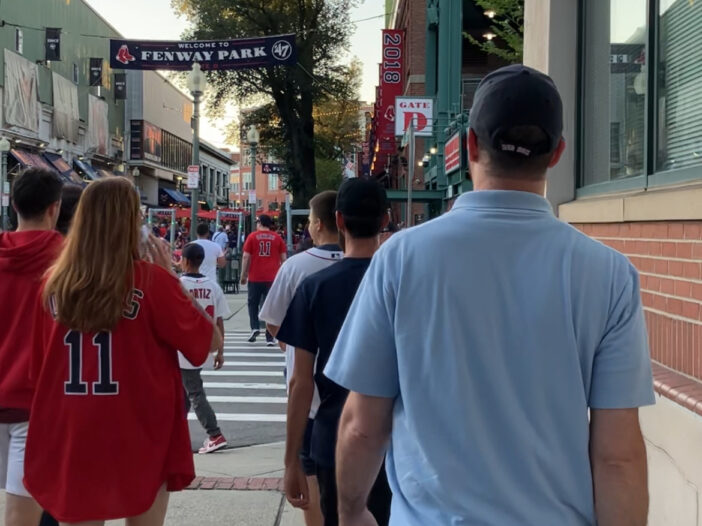
Parole and Probation – What’s the Difference?
Basic differences
When convicted, sentences are handed down based on the type of crime, its severity, and the defendant’s prior record. Two common but often confused punishments are parole and probation.
In many ways, parole and probation are similar. Both allow people who were convicted and currently serving their term to do so freely in society while under strict supervision. However, there are clear procedural and logistic differences that differentiate the two.
Probation, on the one hand, is a type of punishment typically given to offenders instead of a jail or prison sentence, and is decided by a judge at the time of sentencing. Parole, on the other hand, is a punishment that becomes available much later in a person’s criminal justice journey, and only after they have already served part of their sentence in jail or prison. Parole is not actually granted by the court, but rather a group known as the parole board.
An in depth look at parole
Parole is a privilege that is not granted to everyone, and unavailable for certain crimes. However, for those eligible, parole becomes an option based on the person’s original sentence, but good time or other jail credits are calculated.
Once you are eligible, you will receive an application as well as an assigned parole hearing date. Is it during this hearing that several members representing the state parole commission will assess your behavior in prison and your rehabilitative efforts and capabilities.
For the chance at being granted parole, the offender must show the character growth that has taken place within jail or prison. Through demonstrable actions, they must prove to the parole board that they have changed their ways, that they will no longer cause trouble, and that they are once again ready to become an active member of society.
If it is agreed that you are no longer a threat and once again ready to be a productive member of the community, you will be granted parole that is contingent on your ability to comply with certain restrictions decided upon by the parole board. These conditions often include verbiage dictating that the individual meets with a parole advisor and avoids drinking alcoholic beverages or visiting certain areas. Failure to respect these terms may just put you back behind bars.
An in depth look at Probation
Probation, while similar, is a different type of legal sanction. Probation allows a person to serve their sentence outside in their community with strict supervision from their probation officer. There are two main types of probation. The first type allows an offender to be put on probation after serving some of their original sentence. Other times, they will be put on probation in lieu of prison time altogether.
There, however, are many restrictions to this kind of sentencing. Like parole, people who commit serious offenses are not eligible for probation opportunities and will be placed behind bars without the offer of probation.
The conditions of this monitored community living have unique restrictions that vary based on the offense, circumstance, and offender. These conditions may include mandatory community service or attempts to mend any damage that may have been done during the commission of the crime. Further, the details of probation may include restrictions on certain things like alcohol or weapons as well as obligatory commitments to meet consistently with a probation officer or even sometimes fines. During probation, you will generally be unable to carry a firearm and may not commit or be charged with another offense. You also may be ordered to attend counseling sessions or take drug or alcohol tests. Efforts to find employment is often expected during this time.
A serious violation of these probation terms could mean you are subject to new and stricter probation terms, large fines, or even the revocation of your probation and a lost chance to avoid time in jail.
Getting the necessary assistance
If upon sentencing or application you are not granted either parole or probation opportunities, there are other legal avenues to turn to to receive the post-conviction relief you are searching for. For instance, appellate processes like the writ of habeas corpus can work to reduce sentences or even overturn a conviction in some cases. An appeals attorney may help you get the same freedom parole and probation provide.
While executed and enforced differently, parole and probation both have the same end goal of helping reformed offenders get a return to society as they continue to grow and learn. These opportunities are extremely powerful tools that could mean all the difference for an offender burdened with a heavy sentence. To learn more about these relief opportunities and how they may be able to help you, call the accomplished and driven team of attorneys at Simons Law Office at (781) 797-0555 to discuss your case and legal options.